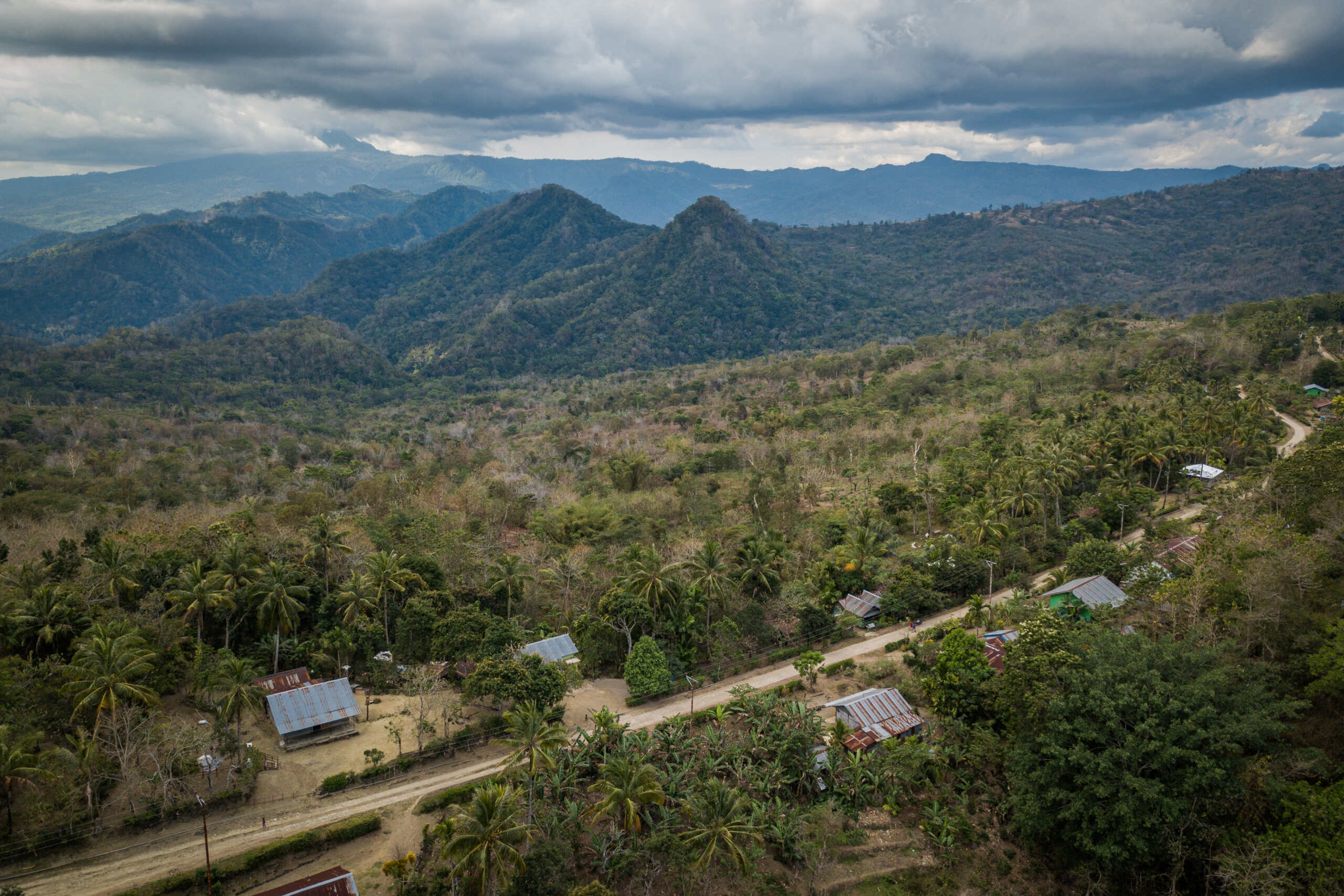Catalysing change from the ground up: the HOW matters
Stories | February 17, 2022
At the Australian Council For International Development (ACFID) National Conference in 2019, CBM brought together an international panel to talk about ‘Catalysing change from the ground up: the HOW matters’. Drawing from years of professional and personal experiences the panel discussed one of the most useful approaches for modern development effort in Community Based Inclusive Development (CBID).
CBID is an approach that focuses on the creation of inclusive societies where people with disabilities are active contributors and have equal access to social, civic, political and economic benefits like everyone else in their communities. The rationale is that no one should be excluded from development for any reason, and that the inclusion of marginalised people in development processes reduces poverty, builds community resilience and benefits the whole of society.
In today’s society people with disabilities can no longer be seen as the passive recipients of charity based interventions.
People with disabilities are critical agents of change. They are actively involved in decisions that affect their lives and their communities. Through CBID, people with disabilities are actively contributing to good governance, identifying local, contextualised and accessible solutions, and in turn contributing to social, political and economic change for the benefit of all society.
Bhargavi Davar from TCI Asia highlighted the particular experience of people with psychosocial disabilities and the importance of an approach that respects the diversity of the disability experience while focusing on practical, locally owned solutions based on TCI Asia/Pacific’s experience in India. Among these locally owned solutions, Bhargavi explained how inclusion strategies such as “circles of care”, community mobilisation for inclusion especially in crisis response, self-care, and partnerships to increase access to development services, have been successfully implemented and are now informing a CRPD compliant, inclusive, development practice in India and beyond.
Angelina Chad from the Pacific Disability Forum drew on PDF’s ground-breaking report outlining progress in the Pacific on the realisation of the Convention on the Rights of Persons with Disabilities and Agenda 2030. She also highlighted the work that still needs to be done to make disability rights and disability inclusive development real in communities marginalised by geography and in the lives of Pacific Island women, men, girls and boys with diverse disabilities. PDF articulates CBID as essential to realising rights and leaving no one behind. Angie explained to the audience how in the Pacific, stakeholders aim to ensure that CBID implementation remains culturally relevant, and based within core Pasifika values.
Dwi Ariyani, Program Officer for Indonesia, Disability Rights Fund and the Disability Rights Advocacy Fund, highlighted the ways in which CBID is transforming communities by harnessing the expertise of the disability movement, and disability service providers to provide technical support to local governments in realising their responsibilities for the implementation of national disability inclusive laws and policies. This work in the development space of decentralised government has grown in size over the last decade and has taken on numerous challenges including disability inclusive disaster risk reduction.
CBM has long championed the role CBID plays in ensuring that development activities are disability-inclusive.
This panel provided Australian development practitioners with the ability to understand how to build on the strengths and knowledge of local people and the importance of capitalising on human diversity to generate locally-driven, successful solutions. The panel showed that through good CBID practice we can ensure that no one is left behind by our development efforts.
You can listen to the full recording here.
https://www.cbm.org.au/stories/acfid
Related Stories

Week 3 – Lent series 2026
This week, we’re reflecting with our colleague Christian, Supporter Relationship Specialist at CBM Australia, who turns to John 13:34–35 (NIV): “A new command I give...

Week 2 – Lent series 2026
As we continue our Lent journey, we’re grateful to share a heartfelt reflection from CBM Australia’s Head of Program Impact Operations, Kieran Cummins, who...

Building inclusive, climate resilient communities in Bangladesh
Highlights from DFAT Post’s visit In January 2026, representatives from the Australian High Commission in...
